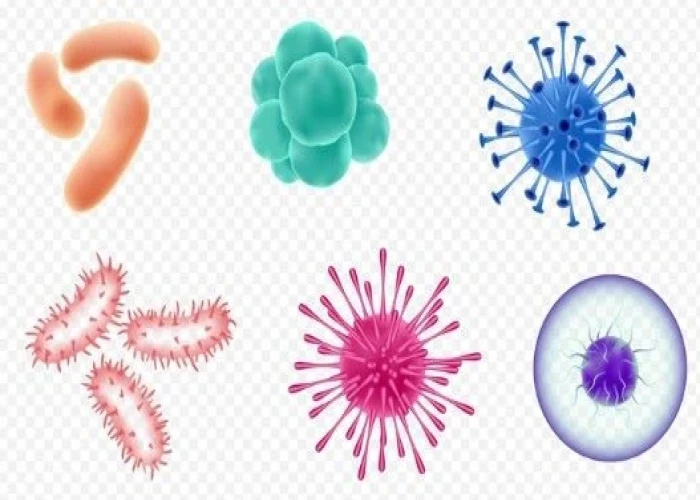 Welcome
Welcome
“May all be happy, may all be healed, may all be at peace and may no one ever suffer."
Multisystem inflammatory syndrome in children (MIS-C)
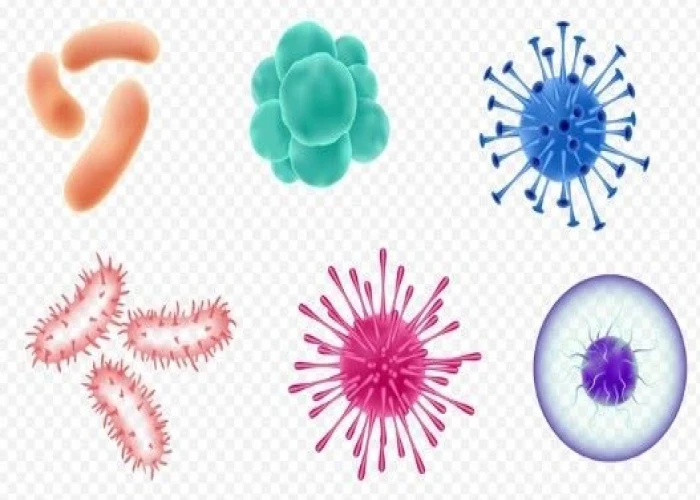
Multisystem inflammatory syndrome in children (MIS-C) is a rare but serious condition that has been reported in children who have been infected with COVID-19 or have been exposed to someone with COVID-19. MIS-C is a condition where different body parts can become inflamed, including the heart, lungs, kidneys, brain, skin, eyes, or gastrointestinal organs. It can occur weeks after a child has had COVID-19, even if they had no symptoms or only mild symptoms of the virus.
The exact cause of MIS-C is not known, but it is thought to be related to an immune response triggered by the COVID-19 virus. Children with MIS-C may have a fever, abdominal pain, vomiting, diarrhea, rash, red eyes, or a feeling of being unwell. They may also have other symptoms, such as chest pain, shortness of breath, or a fast heartbeat, which may indicate inflammation of the heart or lungs.
MIS-C is a serious condition that requires prompt medical attention. Treatment may involve hospitalization and supportive care, including intravenous fluids, oxygen therapy, and medications to reduce inflammation. In some cases, more intensive treatments may be necessary, such as mechanical ventilation or extracorporeal membrane oxygenation (ECMO), which is a procedure that provides life support for the heart and lungs.
Prevention of MIS-C involves preventing COVID-19 infection in children. This includes following public health guidelines such as wearing masks, social distancing, frequent hand washing, and avoiding large gatherings. Vaccines are also available for children and adults to prevent COVID-19 and reduce the risk of developing MIS-C. If a child has symptoms of MIS-C or has been in contact with someone with COVID-19, they should be evaluated by a healthcare provider.
Research Papers
Disease Signs and Symptoms
- Nausea or vomiting
- Emergency warning signs of MIS-C
- Redness or swelling of the hands or feet
- Redness or swelling of the lips and tongue
- Enlarged lymph nodes
- Headaches
- Red eyes (conjunctivitis)
- Rapid breathing
- Rapid heartbeat (tachycardia)
- Skin rash
- Burning stomach pain
- Diarrhea
- Pain in the swollen salivary glands on one or both sides of the face
Disease Causes
Multisystem inflammatory syndrome in children (MIS-C)
The exact cause of MIS-C is not known yet, but it appears to be an excessive immune response related to COVID-19. Many children with MIS-C have a positive antibody test result. This means they've had a recent infection with the COVID-19 virus. Some may have a current infection with the virus.
Disease Prevents
Multisystem inflammatory syndrome in children (MIS-C)
In the U.S., the Pfizer-BioNTech COVID-19 vaccine is now available to people age 5 and older. A vaccine can prevent you or your child from getting or spreading the COVID-19 virus. If you or your child gets COVID-19, a COVID-19 vaccine could or prevent you or your child from becoming seriously ill. Also, if you and your child have been fully vaccinated, you and your child can more safely return to many activities you may not have been able to do because of the pandemic.
If you or your child haven’t been vaccinated, you can take many steps to prevent yourselves from getting the COVID-19 virus and spreading it to others. The CDC recommends following these precautions for avoiding exposure to the virus that causes COVID-19:
- Keep hands clean. Wash hands often with soap and water for at least 20 seconds. If soap and water aren't available, use a hand sanitizer that contains at least 60% alcohol.
- Avoid people who are sick. In particular, avoid people who are coughing, sneezing or showing other signs that indicate they might be sick and contagious.
- Practice social distancing. This means that you and your child should stay at least 6 feet (2 meters) from other people when outside of your home.
- Wear cloth face masks in public settings. When in indoor public places or outdoors where there is a high risk of COVID-19 transmission, such as at a crowded event or large gathering, both you and your child — if he or she is at least 2 years old — should wear face masks that cover the nose and mouth. Further mask guidance differs depending on whether you are fully vaccinated or unvaccinated.
- Avoid touching your nose, eyes and mouth. Encourage your child to follow your lead and avoid touching his or her face.
- Cover your mouth with a tissue or your elbow when you sneeze or cough. You and your child should practice covering your mouths when you sneeze or cough to avoid spreading germs.
- Clean and disinfect high-touch surfaces every day. This includes areas of your home such as doorknobs, light switches, remotes, handles, countertops, tables, chairs, desks, keyboards, faucets, sinks and toilets.
- Wash clothing and other items as needed. Follow manufacturers' instructions, using the warmest appropriate water setting on your washing machine. Remember to include washable plush toys.
Disease Treatments
Most children with MIS-C need to be treated in a hospital. Some need treatment in a pediatric intensive care unit. Treatment usually involves supportive care and measures to reduce inflammation in any affected vital organs to protect them from permanent damage. Treatment depends on the type and severity of symptoms and which organs and other parts of the body are affected by inflammation.
Supportive care may include:
- Fluids, if levels are too low (dehydration)
- Oxygen to help with breathing
- Blood pressure medications to normalize low blood pressure related to shock or to help with heart function
- A breathing machine (ventilator)
- Medications that reduce the risk of blood clots, such as aspirin or heparin
- In very rare cases, extracorporeal membrane oxygenation (ECMO) using a machine that does the work of the heart and lungs
- Other types of care
Treatment to reduce swelling and inflammation may include:
- Antibiotics
- Steroid therapy
- Intravenous immunoglobulin (IVIG), a blood product made up of antibodies
- Other types of treatment, such as targeted therapies aimed at reducing high levels of proteins called cytokines, which can cause inflammation
There is no evidence that MIS-C is contagious. But there's a chance that your child could have an active infection with the COVID-19 virus or another type of contagious infection. So the hospital will use infection control measures while caring for your child.
Disease Diagnoses
Disease Allopathic Generics
Disease Ayurvedic Generics
Disease Homeopathic Generics
Disease yoga
Multisystem inflammatory syndrome in children (MIS-C) and Learn More about Diseases

Hypoplastic left heart syndrome

Uterine fibroids

Dermatitis

Tuberous sclerosis

Hot flashes
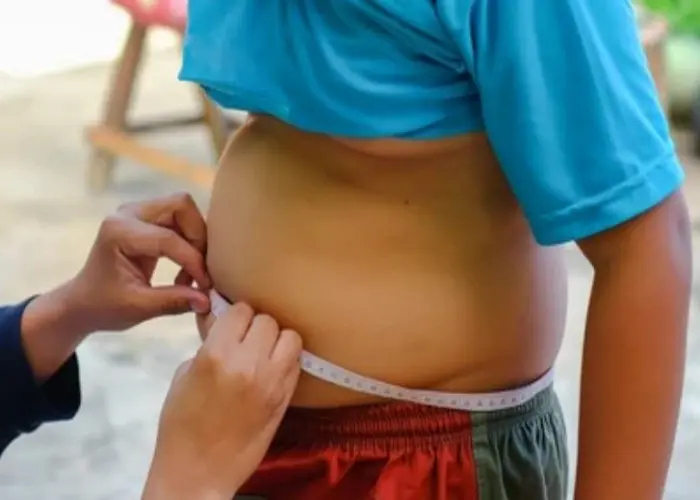
Childhood obesity
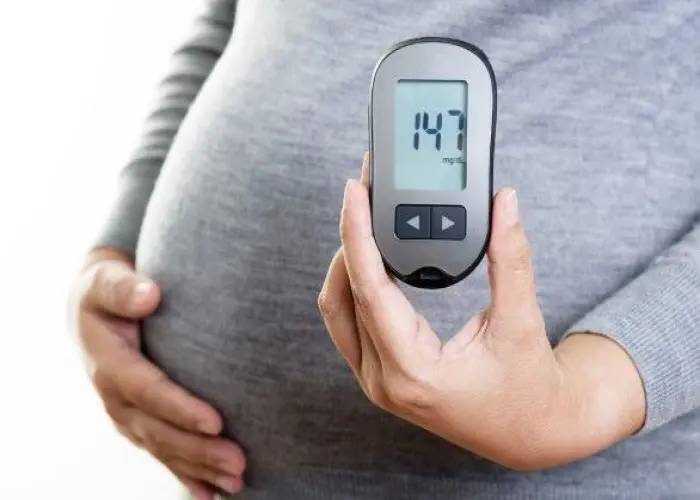
Gestational diabetes
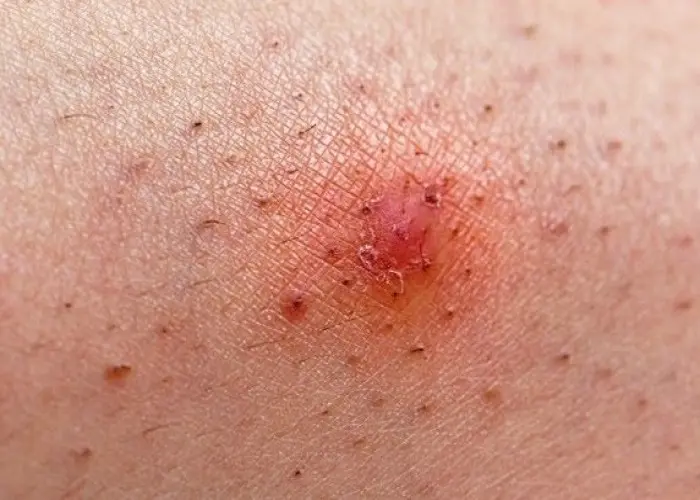
Ingrown hair
multisystem inflammatory syndrome in children, mis-c, শিশুদের মধ্যে মাল্টিসিস্টেম ইনফ্ল্যামেটরি সিন্ড্রোম, মিস-সি
To be happy, beautiful, healthy, wealthy, hale and long-lived stay with DM3S.
